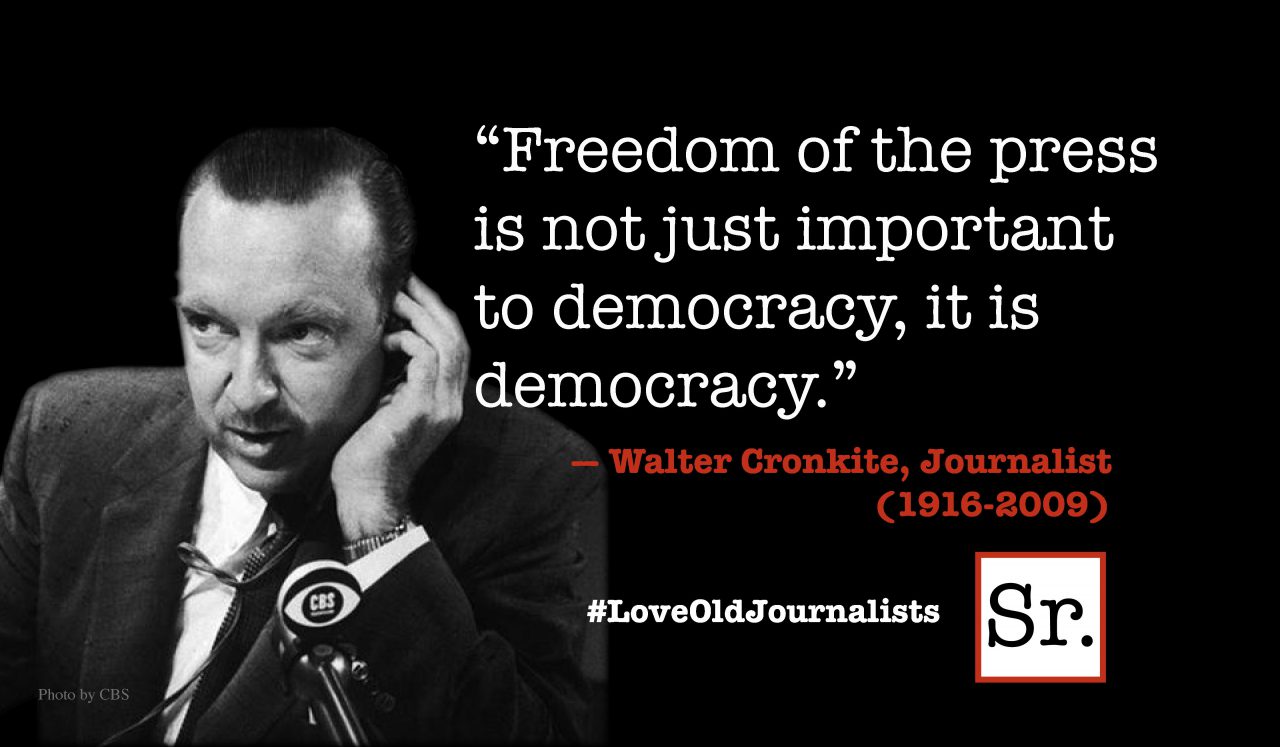As we navigate our satisfying retirement journey we are living through the effects of The Great Recession. To us, it has been pretty bad. Our parents and grandparents lived through the Great Depression. That was a serious kick in the financial head. Even with our relatively high unemployment and anemic growth, I don't see many people selling apples on the street corners or broke businessmen leaping from tall buildings. Frayed as it may be, we do have a safety net to help the most destitute among us.
I was thinking about stories my dad has told me about being a young teen during the 1930s and how tight everything really was: a chicken for dinner as a special treat a few times a year, having to hunt rabbits and deer for many meals, fruit as a special treat … it is hard for us to imagine. If we could maybe there would be a little less complaining about how "bad" things are now.
In any case, I was hunting around the Internet for approaches to life that folks used to help them through the Depression and phrases or idioms to describe their experiences. That brought to mind some of those expressions that might help us today. See if any of these resonate with you:
Waste not, want not. The terms minimalist or voluntary simplicity didn't exit. Many people were living that lifestyle, though not necessarily by choice. But, they did learn to make the most of everything they had. Things were used up, repurposed, or done without.
Today the average American family throws away $1,600 of food every year — food that sits unused in a refrigerator or on a shelf until it is no longer edible. I know how easy this is: Betty and I throw away $10-$15 worth of produce each week. We have plans to use everything, then something changes and we end up tossing stuff before shopping again. It galls me and we are better than we used to be. But still …
Pull yourself up by your own bootstraps and keep your nose to the grindstone. This phrase speaks to personal responsibility. Obviously, there are situations when outside help is needed. Hopefully we are still a society that takes care of those that need aid. But, during the Great Depression, those who could did what they had to do to provide for their families and themselves. They found a way. They worked several jobs. My dad raised vegetables to sell and peddled magazine subscriptions door-to-door to raise money for college. People sold their own furniture or crafts they had created. In many respects we have lost some of this attitude. Too often we hear, "They did it," or "I don't want to work that hard."
A penny saved is a penny earned. This idiom would have to be updated a bit. Countries, including Canada, have plans to eliminate the penny because it costs more to produce one than it is worth. In the U.S. it costs 2.4 cents to produce a 1 cent coin.
But, the point is clear: what you don't spend you have saved. Contrary to the advertisements that claim "the more you spend the more you save," not spending is the best savings plan there is. Our parents and grandparents understood the difference between a want and a need. Too often, today we think those words mean the same thing.
Don't borrow or lend. This is another phrase that would have to be adjusted. It is quite difficult to be part of our society without borrowing money for housing or cars, educations, or even health care emergencies. But, like the "penny saved" idea, borrowing to go on vacation or for the 90-inch TV is just plain silly. And, we all have heard horror stories of those who lent money to a friend and never saw either again.
Keep your nose out of others business. Obviously, this was well before the media and people became obsessed with the lives of the "rich and famous." Do we really need to know who will get custody of Tom Cruise's daughter? Is it right to gossip about others misfortunes? Is your life any better by knowing who the bachelorette chose?
Don't cry over split milk. The past is past. Complaining or looking for someone to blame doesn't solve a problem or provide a solution. Correct what you can, repair the damage to the best of your abilities, change your attitude and move on. We spend much too much time and energy rehashing what went wrong or who messed up. It is better to analyze what went wrong and try to prevent it from happening again. Then, move on. Your satisfying retirement requires it.
I am quite sure no one wants to relive the Great Depression type lifestyle. But, like all of history, there are lessons to be learned. Some can come from simple phrases or idioms, like those above. Can you remember any from your parents or grandparents that I missed?








